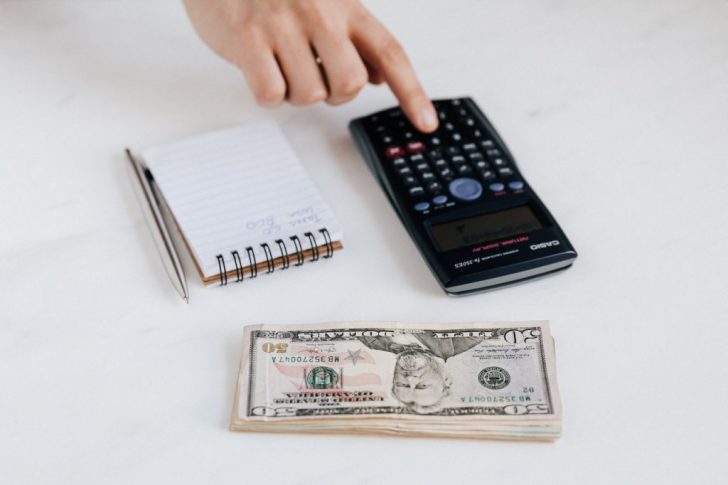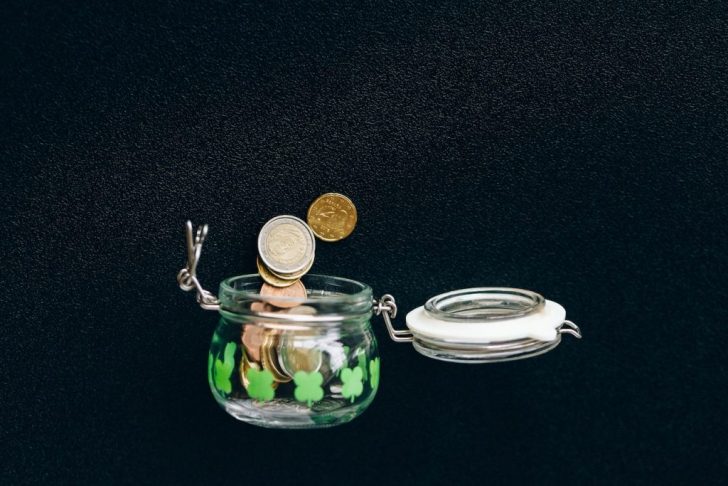If you’re worried about money, you’re not alone. Many of us, from all over the world and from all walks of life, have to deal with financial stress and uncertainty at this difficult time. Whether your problems stem from a loss of work, escalating debt, unexpected expenses, or a combination of factors, financial worry is one of the most common stressors in modern life.
Even before the global coronavirus pandemic and resulting economic fallout, an American Psychological Association (APA) study found that 72% of Americans feel stressed about money at least some of the time. The recent economic difficulties mean that even more of us are now facing financial struggles and hardship.
But no matter how hopeless your situation seems, there is help available. By tackling your money problems head-on, you can find a way through the financial quagmire, ease your stress levels, and regain control of your finances and your life.
Reach out for support

Try reaching out for support from your family and friends to help reduce stress. You might also try attending a support group for people struggling with financial stress. Remember, you’re not alone. You can develop a system of trusted friends and family to help you stay optimistic about your finances.
Prioritize what you can control
You can’t change everything that is causing you stress. Some things are simply out of your control. If you dwell on things you can’t control, it’s likely to cause you even more stress as you get frustrated with being unable to change them.
Focus instead on the things that you can control so that you can work to improve your situation. For an easy example, consider something simple, like your food budget. Unless you are already on a bare-minimum food budget, look for ways to shave a few dollars off your grocery bill. You’ll not only save money, but the feeling of accomplishment and being in control may also help reduce your stress.
Understand the debt cycle

Understanding debt is the first step to getting yourself out of it. One study found that you may be able to pay off your debt more quickly by paying off one account at a time and starting with your lowest debts first. Do your research and pay attention to interest rates. It’s advisable to first pay off the debt that has the largest interest rate to avoid paying higher costs over time.
Build an emergency fund

Building an emergency fund may seem tough at first, especially if you struggle to make ends meet each month. Start by putting aside a small amount, whether it’s $10 or $100 each month so that you can build up your emergency fund. You may also consider selling any unused items around the house to build up that cash as quickly as you can.




